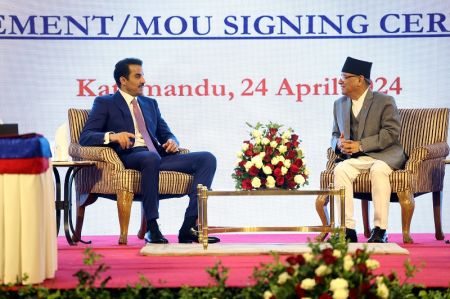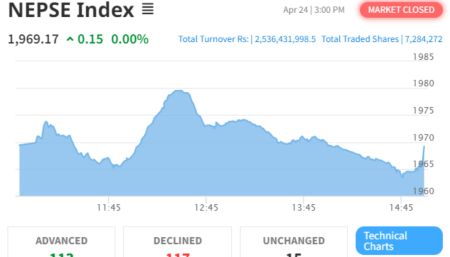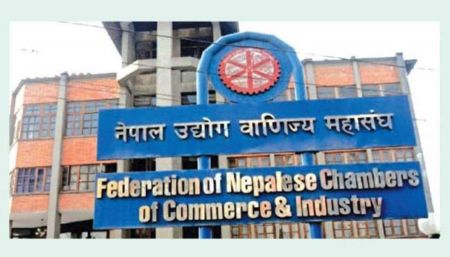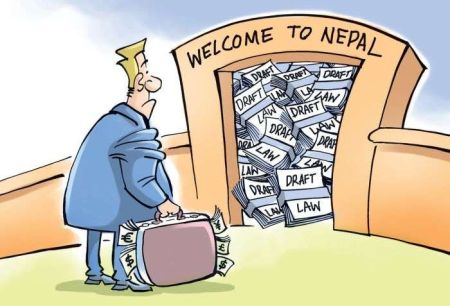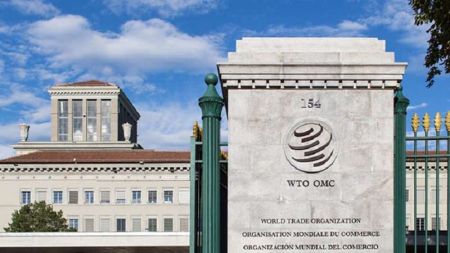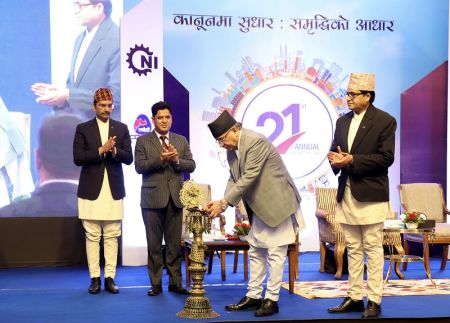November 29, Kathmandu. With the New Year, the investors will not require to queue up like before to get a refund of the money for which shares were not allotted. The amount of money not going into shares will be directly deposited by the merchant bankers in the account of investors.
Nepal Clearing House Ltd. has developed a technology to perform this. “We will provide this service by getting merchant bankers and other banks linked to this technology. Now only fifty percent work has been completed,” CEO of NCHL Nileshman Singh said. If the technology is developed in time, the investors will benefit from coming Baishakh.
Arrangement has been made to require the investors to fill their bank amount in the application form to facilitate the refund of such amount. Despite the investors providing their account number, the merchant banks have been refunding the amount through AC payee checks and the investors are deposing it in their account. The refund has not been systematic though the demands on primary shares have lately registered a qualitative increase. The investors have to queue up for hours to get a refund just as they have to while submitting their application.
The investors may however, have to pay some fees to receive the refund in this way. Now the banks are charging Rs 30 from each investor to clear more than 200,000 AC payee checks. Though no decision has been made regarding such fees, the same arrangement may be put in place for refunds also. This medium will be easier and simpler than to spend hours in going and coming back from the bank and standing in queue for hours. At present the banks have been refunding the investors’ money after one week of allotting shares. After this arrangement which helps merchant banks to refund the amount with a one touch click, the time taken for refunds is also likely to come down.
After this arrangement the dividend given by the companies will also directly go to the account of the investors. At present, the investors whose cost of transport is higher than the receivable dividend because of low amount of shares, do not go to the bank to collect the dividend. Because of such reasons, tens of millions of rupees worth of dividends have remained undistributed for years. This system may alleviate the problem to some extent.
At present the transaction of shares in the secondary market has started to take a non-physical form, whereas the clearance has been taking place physically. The investors are requiring to physically reach the broker companies for payment of share transactions. The clearing house claims that the clearing in the secondary market can be done with the use of this technology more effectively.
- Bijayraj Khanal


